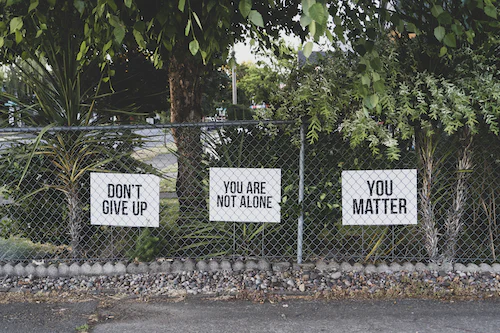
By Jeff J. Horn – Divorce Attorney
Mental Illness, Drugs, and Alcohol
Mental illness, addiction, depression, stress, anxiety, divorce, judges, lawyers, custody, parenting time, recovery, relapse, and imputed income are crucial issues in marital discord and divorce. Understanding how these factors affect the court and how recovery is possible is essential.
Mental Illness
Mental illness can paralyze the patient, the spouse, the lawyers, and the court. Judges rely on proof. Lawyers present proof to the judge and spin it favorably for their client. They also try to convince the judge that their client’s story is proof. Most stories about mental illness blend observations and lay opinions. A person with mental illness may struggle to maintain employment, make sound parental decisions, and face mistrust from their spouse regarding their parental decisions.
Judges, Mental Illness, and Drugs
Judges are often middle-aged, middle-class white men. Many have families touched by alcoholism, and some may have experienced heavy drinking themselves. Alcohol abuse may not scare them off. Common illnesses like panic attacks, depression, and obsessive-compulsive disorder may not significantly impact their decisions. However, illicit drug use, especially hardcore drugs like cocaine or heroin, positive drug tests, drug-related arrests and convictions, and spending family funds on drugs will impact the case. A positive drug test during the case can damage a person’s credibility and affect custody and parenting time decisions.
Recovery from Mental Illness
Addicted and mentally ill individuals can recover. Divorce can lead to a fresh start, allowing the newly divorced person to manage their addiction or mental illness. However, active addiction or recovery can lead to binge activity or relapse. A relapse, while part of the recovery process, means starting over and enduring the recovery journey one day at a time. Recovery and the divorce process share similarities: both are unpredictable, painful, and lack a firm end date.
Depression, Stress, and Anxiety
Depression, stress, and anxiety affect everyone. The key is how we handle these issues and how they impact our behavior. Claiming the other party is mentally ill with popular disorders is not enough. If someone is using therapy and medications to manage depression, stress, or anxiety, the court will not automatically deprive them of parenting time or question their credibility. Society and courts now distinguish between treatable conditions and process anger.
How Much Can a Mentally Ill Spouse Earn?
Dividing income so both parties can maintain a decent life similar to what they enjoyed during the marriage is fundamental. Mental illness may prevent a person from earning income or earning what they could typically earn. Courts can impute income based on the person’s skill level and statistical analysis of earnings in a given profession.
Winning Divorce Mindset in Ocean County
Should Mothers Who Use Drugs During Pregnancy be Criminally Charged?
Thanks to Horn Law Group, LLC interns Noah Hilsdorf and Dillon Uhrig.

